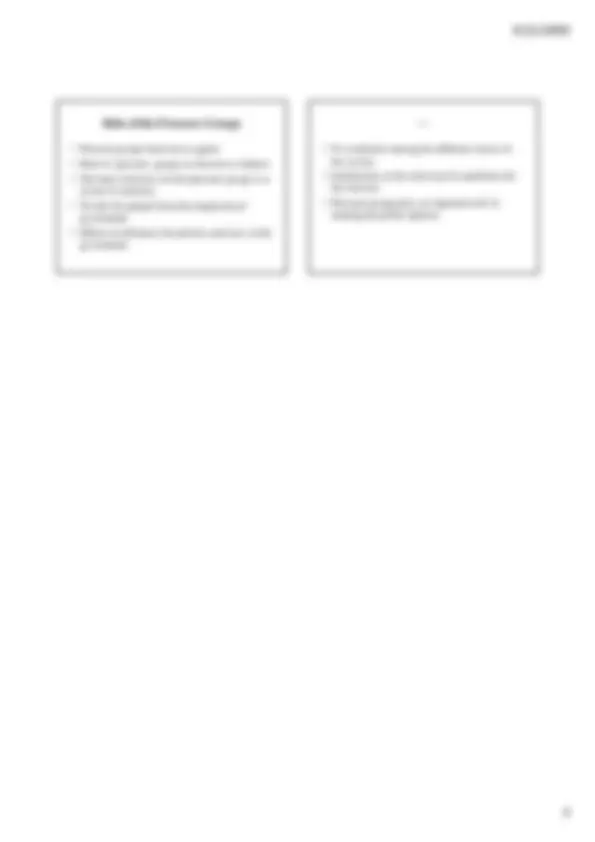



Study with the several resources on Docsity

Earn points by helping other students or get them with a premium plan


Prepare for your exams
Study with the several resources on Docsity

Earn points to download
Earn points by helping other students or get them with a premium plan
Community
Ask the community for help and clear up your study doubts
Discover the best universities in your country according to Docsity users
Free resources
Download our free guides on studying techniques, anxiety management strategies, and thesis advice from Docsity tutors
An introduction to pressure groups in political science, including definitions, features, causes of their rise, bases for formation, types, and techniques. It also discusses their role in political systems, including their function as agents, influence on elections, and coordination among different classes of society.
Typology: Study notes
1 / 2

This page cannot be seen from the preview
Don't miss anything!


Along with political parties ; in present day societies in political systems, pressure groups play a very significant role. These groups are found in every political system and work outside the regular party system. These are active not only during election times but even before and after that. A group of men and women who do not appeal to the electorate on the basis of any programme but who are concerned with specific issues, is called pressure groups. Definitions